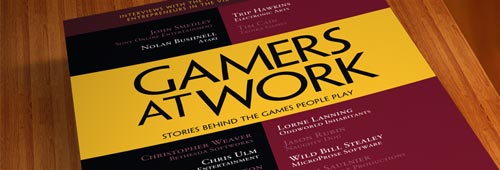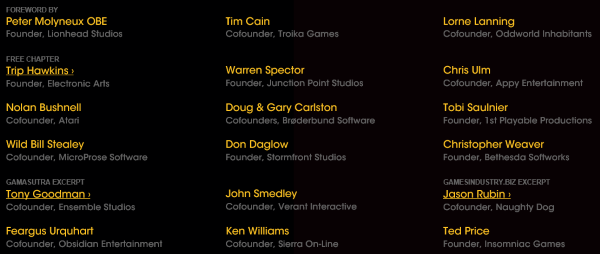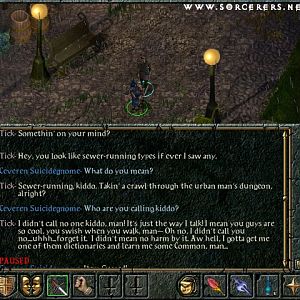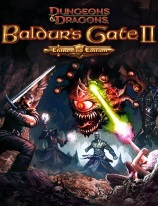-

- Forums
- Chatrooms
- Gallery
- Gameplay Videos
- Upload
- Articles
- Mod Reviews
- Shop SP: Games, Movies, Books


If you’ve ever wondered how the top entrepreneurs of the video game industry started out and took their businesses to the heights they did, Gamers at Work is the book for you. The author, Morgan Ramsay, interviewed eighteen of the most successful video game entrepreneurs and documented the stories as told by them into the pages of his book. It is a fascinating journey from the dawn of video games to the present day through the eyes of the very people who made the industry what it is today. The most fascinating thing I found was how different each of them are: There are pure business people who entered the market because they saw the business potential; there are creative people who saw the potential of the video game industry as a way to bring their stories to life; there are those who hated the business side of the industry and just wanted to make games as they envisioned them. Some of them stumbled into the industry, while others had detailed plans about how they would be successful. Some risked their own credit and capital, while others persuaded venture capitalists to invest in their vision. What they all had in common was a passion for the video game industry and a willingness to work extremely hard and take great risks to see their individual visions succeed.
Gamers at Work starts with a foreword by Peter Molyneux, a page about the author himself, and a preface that describes how the book came to be. The rest of the book contains seventeen chapters, one for each entrepreneur interviewed. Each chapter begins with a one-page curriculum vitae to introduce the reader to the person whose interview follows. The rest of the chapter is essentially a transcript of the interview the author had with the entrepreneur, typically started by asking them what they were doing before they started the business for which they are now well-known. The interview then continues onto different topics depending on the answer given, but typically touches on who the founders of the business were, where the initial funding came from, what kind of business plan they had (if any), what kinds of problems they encountered, how the business grew to what it became at its peak and ending with where they see themselves in the near future. The interviews are of differing lengths and run the gamut from dry fare to extremely entertaining, but all are worth the read.

My personal favorite interview was of Lorne Lanning, the cofounder of Oddworld Inhabitants. I had never heard of the guy before reading Gamers at Work, though I had heard of the Oddworld games starting with Abe’s Oddysee. His interview was simply a very entertaining one from a guy who seems extremely intelligent, savvy about the industry, and seemingly a very straight talker. It was the longest interview in the book by far, but at the end I found myself wanting more.
While Gamers at Work is definitely worth the read for anyone interested in these founders of the video game industry, it suffers from its straight transcript format. As anyone who frequents online forums knows, emotions don’t necessarily translate well from the spoken to the written word, and the author does not include any commentary at all to give the reader any sense of the emotions involved during the interview. As an example, Wild Bill Stealey often spoke of his partner at MicroProse Software, Sid Meier, as wanting to just make games he wanted to, and wanted no part of the business end of MicroProse. It was hard to tell from the transcript format if Stealey was frustrated with Sid or spoke with a particular fondness for him. I suspect the latter, but given just the words it could very well be the former. I can’t help but think the transcript format was a poor choice for this endeavor, and it could have been better as a series of video interviews. At a minimum I feel the author should have supplied some commentary of his own to give the readers a feel for the emotions that he was seeing.
At the end of the day, Gamers at Work is a fascinating read that I would recommend to anyone interested in the video game industry, but I think it could have been so much more with a better choice of format.


